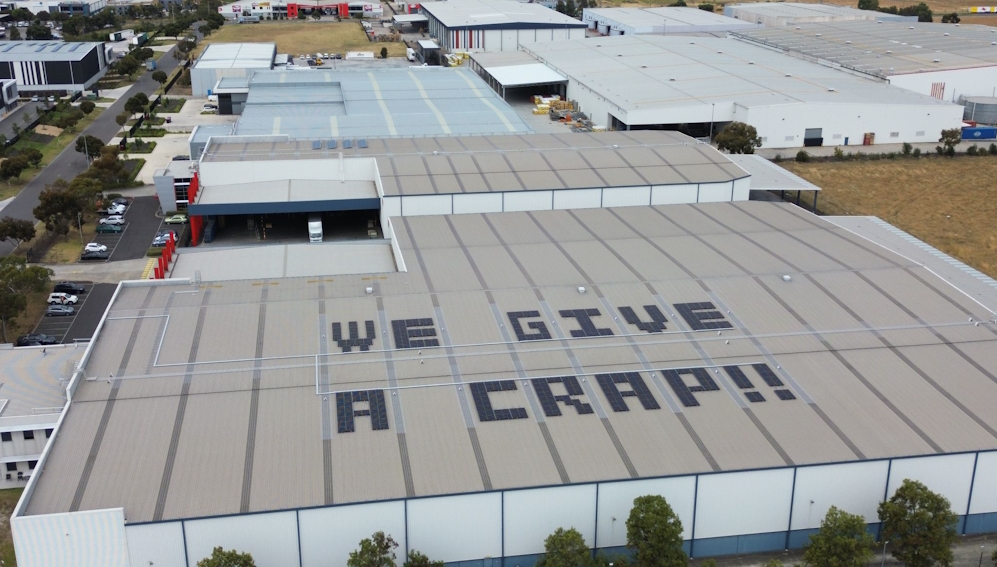Choosing the Right NDIS Registered Provider: Factors to Consider
- Written by NewsServices.com

The National Disability Insurance Scheme (NDIS) has been playing a pivotal role in providing support and assistance to people with disabilities in Australia. Funding for necessary care and services is a life-changing support system and allows individuals with disabilities to live more independently and participate fully in the community.
However, there are several NDIS providers in Australia diligently helping people with disabilities. To develop your first NDIS plan, it is crucial to choose a suitable registered provider who can help you get the desired support.
In this article, we aim to offer you guidance on how to choose the right NDIS registered provider so that you can make informed decisions.
Understanding the Role of NDIS Registered Providers
NDIS registered providers deliver services and support to people with disabilities under the NDIS. Approved and regulated by the NDIS Quality and Safeguards Commission, they meet specific standards of care and service delivery and other conditions and requirements. From accommodation and personal care to therapy and assistance with daily activities, NDIS providers should take care of every detail to help the participants improve their lifestyles.
NDIS-registered providers can help individuals with disabilities to access government funding and receive superior quality assistance and care.
Factors to Consider When Selecting a Registered Provider at NDIS
-
NDIS Provider Qualifications & Experience
NDIS providers must have relevant qualifications and extensive experience in supporting individuals with disabilities. They need to be equipped with intervention strategies grounded in research and clinical evidence to help individuals. Engaging with expert providers results in a deeper understanding of your specific needs and thus, better outcomes.
-
Service Offerings
Explore the range of services offered by providers to know whether they match your requirements. Be it occupational therapy, speech pathology, or assistance with independent living skills, select a provider that offers your specific support needs.
-
Geographic Location
Proximity helps to gain easy access to support and minimise travel requirements. Prioritise choosing an NDIS provider that operates in your locality or delivers care services to your location seamlessly.
-
Cultural Appropriateness
The cultural sensitivity of the NDIS provider matters to ensure a comfortable and enhanced support experience. Select those who understand and respect your cultural background and are easy to work with.
How to Make an Informed Decision While Choosing a Registered NDIS Provider?
While the above factors will help you shortlist a registered provider at NDIS, you need to walk the extra mile to make the final decision. Here are the steps you can take to make an informed decision -
-
Assess NDIS providers’ profiles thoroughly. The easiest way to do so is to research their websites. You can review their qualifications, expertise and service descriptions there.
-
Look for their area of expertise or specialisation. You can also check their certifications.
-
Reading client feedback and testimonials on their website will help you gain insights into their reputation. You can also connect to their ex-clients through social media platforms.
-
Schedule meetings or initial consultations with potential providers. It will help you get a clear understanding of whether their services align with your needs or not.
-
Take the opportunity of physical interaction to ask questions and clarify your expectations. Also, note the provider's responsiveness, communication style and commitment to individualised support during these interactions.
Benefits of Choosing an NDIS Registered Provider
-
Access to Government Funding
Individuals with disabilities often struggle with financial liabilities and have to bear higher out-of-pocket expenses for individuals seeking support. Opting to work with registered NDIS providers ensures access to government funding, reducing financial barriers.
-
Quality Assurance
As mentioned above, NDIS registered providers have to comply with quality standards and strict guidelines and regulations set by the NDIS. They also undergo a rigorous accreditation process. So you can stay assured of the quality and no regulatory oversight.
-
Adherence to NDIS standards
Compliance with NDIS standards offers an extra layer of assurance regarding the quality and safety of services. You also get to experience consistency and accountability in service delivery. It offers individuals with a disability and their families confidence in the care and support they receive.
Conclusion
Living comfortably with dignity and respect is every human’s basic right. The right NDIS registered provider can help individuals with disabilities attain the quality of life they deserve.
Therefore, do not rush while choosing the NDIS provider for yourself or a family member. Remember, the right assistance can help you turn your life around and make it more stress-free and comfortable.









